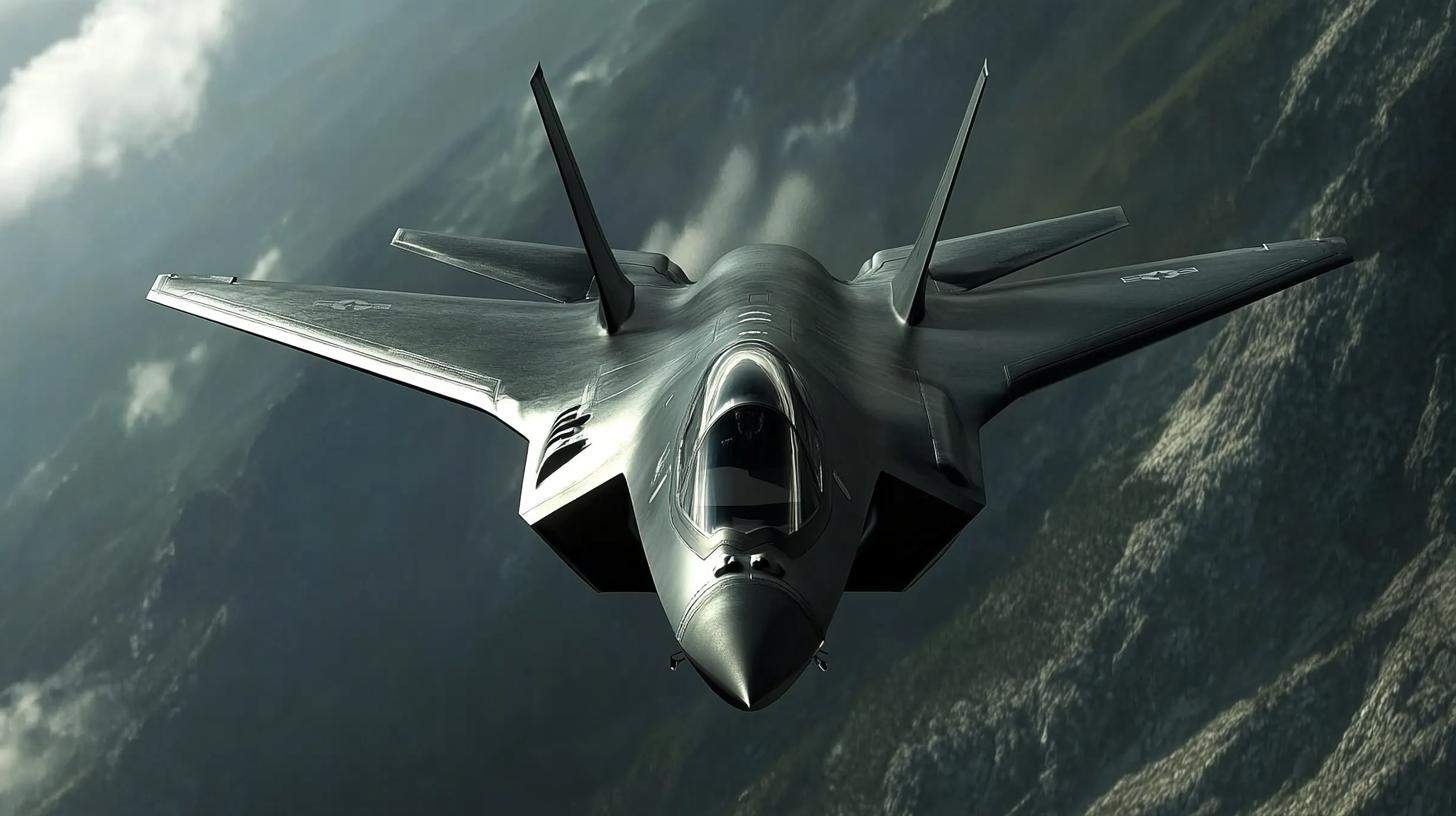The Lockheed Martin F-35 Lightning II, a single seat, single engine fifth-generation combat aircraft, is set to redefine the battlegrounds of the future. Its unprecedented state-of-the-art technology and lethal precision are deemed the game-changer in the art of warfare.
Advanced Technology
With its multifaceted fifth-generation technology, the F-35 signifies a quantum leap in air superiority. Its stealth capabilities, top-tier sensor fusion, and network-enabled operations help ensure pilots are prepared for any combat situation. The F-35’s ability to operate undetected in hostile territory gives a unique advantage, underscoring its standing as the future of aerial warfare.
Customizable Features
Lockheed Martin designed the F-35 with an emphasis on modularity and flexibility. The aircraft is offered in three variants – F-35A Conventional Takeoff and Landing, F-35B Short Takeoff/Vertical Landing, and F-35C Carrier Variant. Each model can be tailored to meet unique mission requirements of armed forces worldwide.
The Future
Considering the significant technological advantage and unparalleled capabilities the Lockheed Martin F-35 provides, its integration into multiple nations’ defense strategies is inevitable. It’s not just a jet, it’s a cornerstone in military modernization efforts and a testimony to the power of innovation.
Challenges Ahead
Despite its groundbreaking capabilities, the F-35 program hasn’t been without its challenges. From cost overruns to technical glitches, Lockheed Martin faces continual pressures to refine and perfect this ground-breaking machine. These obstacles are real, yet the potential for the F-35’s pivotal role in the future of warfare is undoubted.
In conclusion, the Lockheed Martin F-35 signifies a new era of warfare, illustrating how technology and precision can fundamentally alter military tactics and strategies across the globe. Whether we view it with trepidation or awe, the future belongs to those who innovate.
New Horizons: Delving into the Unseen Impact of the F-35’s Advanced Technology
The rise of the Lockheed Martin F-35 Lightning II marks a transformative era in modern warfare, yet beyond the battlefield, the ripple effects of this formidable aircraft’s cutting-edge technology are poised to reshape societies and worldwide power dynamics.
Socio-economic Implications
One largely unexplored aspect is the socio-economic implications the F-35’s introduction may carry. As countries integrate the F-35 into their defense strategies, a significant financial burden on national budgets is expected due to initial costs as well as ongoing maintenance fees. This could place stress on countries with weaker economies, potentially widening the economic and hence military inequality gap on the global stage.
International Relations
The F-35’s groundbreaking capabilities could also tilt the scales of international relations, as countries without access to this advanced technology could be strategically disadvantaged, leading to shifts in global alliances. This might trigger a new form of arms race revolving around technology.
Potential Controversies
Critics argue that focusing heavily on innovative military technologies, such as the F-35, might divert resources from other areas, like social welfare, education, and healthcare. Is it worth investing heavily in technology that is principally used for warfare when funds could be allocated to sectors that directly improve livelihoods? The answer to this question varies among different nations and people, but the debate is certainly worth considering.
Benefits and Drawbacks
The F-35 undeniably represents a giant leap in warfare technology. This aircraft blends stealth, sensor fusion, and network-enabled operations to redefine air combat, making it an essential tool for modernizing military capabilities. However, its high costs, technical glitches, and potential destabilizing effects on international politics serve as noteworthy disadvantages.
By visiting the F-35’s official Lockheed Martin page, you can learn about the machine’s technical specifications, design philosophy, and evolution, adding context to the broader implications discussed above.
In sum, the ramifications of integrative technologies like the Lockheed Martin F-35 are multifaceted. As technological advancement accelerates, the world will continue to navigate the ripple effects reverberating from defense technology toward societal, economic, and political spheres.







